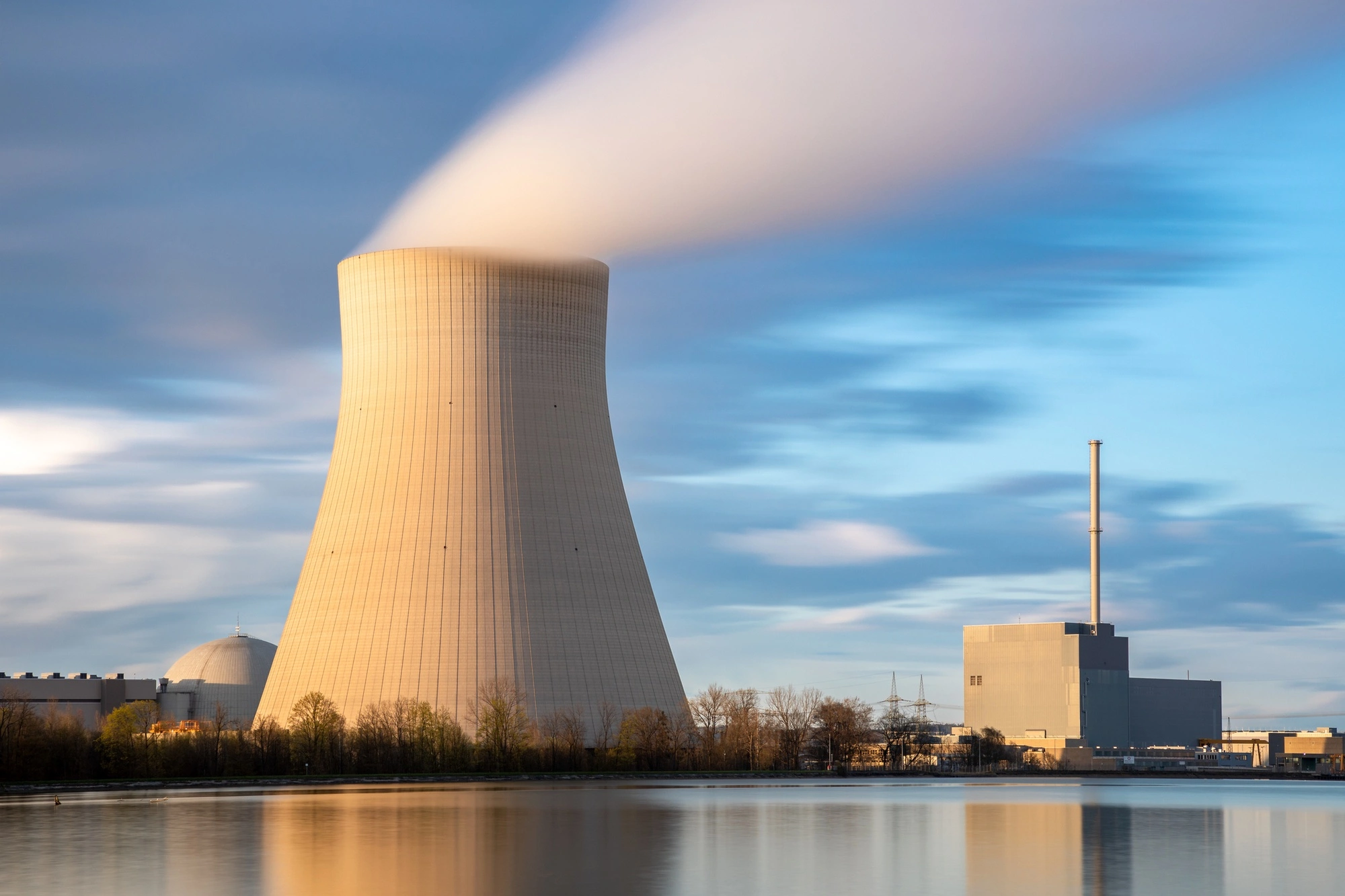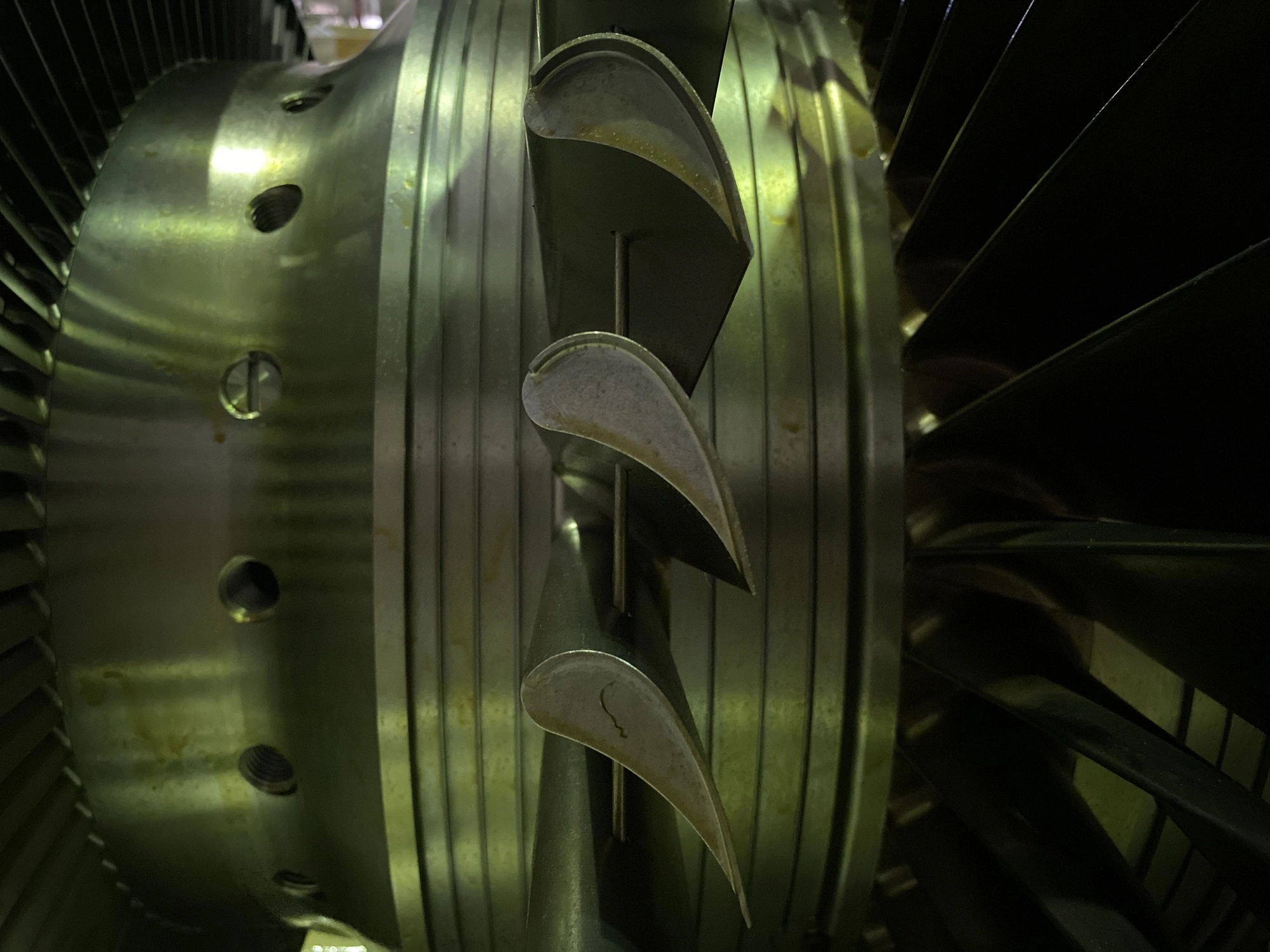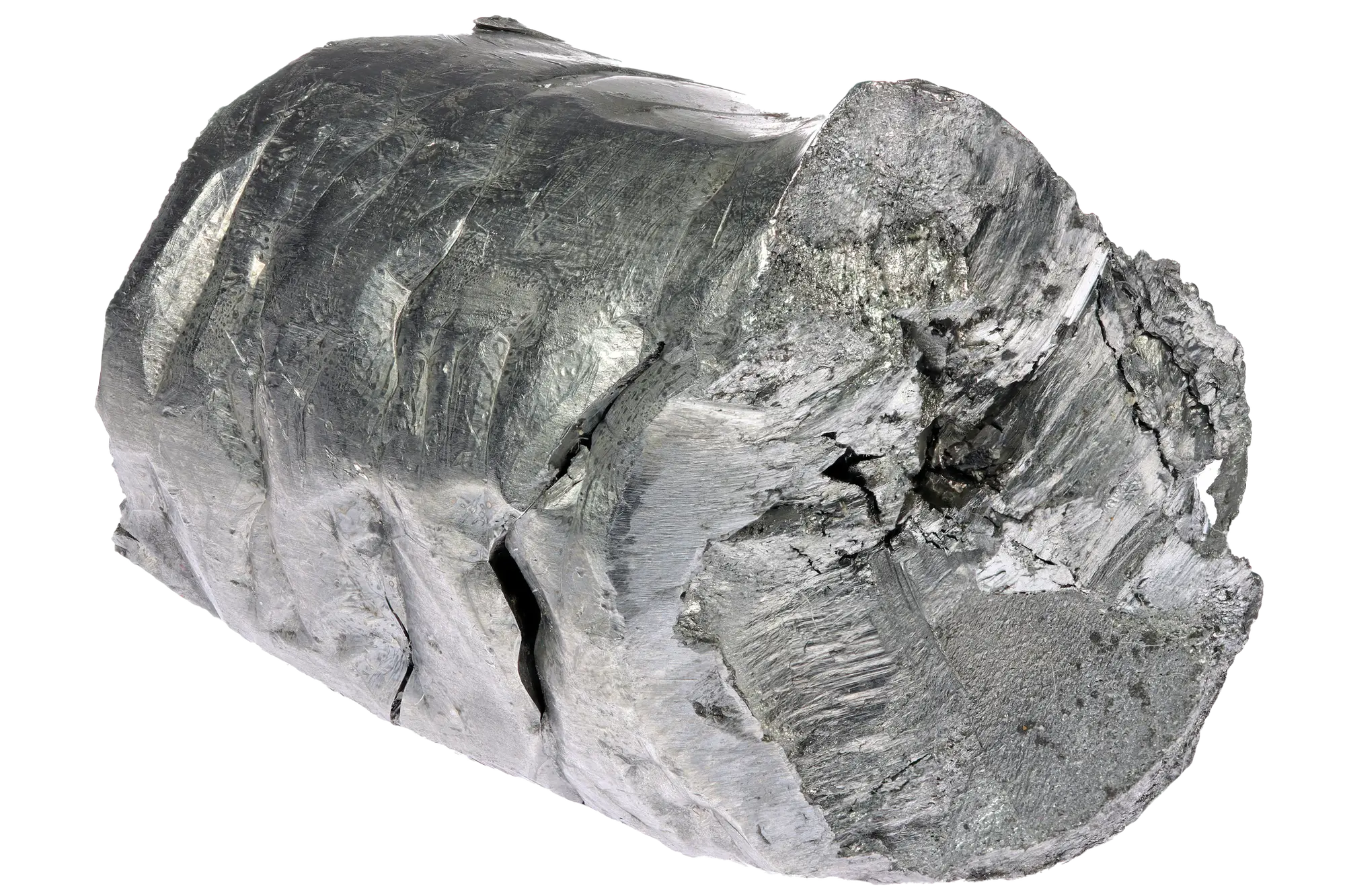
Hafnium Scrap Recycling
Quest Alloys purchases all forms of hafnium solids and specializes in hafnium scrap recycling and refining.

Quest Alloys purchases all forms of hafnium solids and specializes in hafnium scrap recycling and refining.
Hafnium is highly ductile and so similar to Zirconium, the two are often found together. In fact, the most difficult part about working with hafnium is separating it from zirconium. Specifications and limits on the zirconium contained in hafnium vary greatly, and zirconium content that exceeds certain levels will disqualify its use in nuclear and other applications.
We also handle all logistics concerning the export or import of hafnium, and offer top hafnium price, which will vary depending on grade and quality of materials. This allows Quest Alloys to expedite payment and delivery of goods on a global scale.

We firmly adhere to ISO 9001 requirements and provide customers with a simple, fast process and will travel to any location in the world to inspect, assess and verify hafnium material.


Hafnium is primarily used in the nuclear sector because of its ability to absorb neutrons and resist corrosion. Hafnium is also alloyed with Nickel, Cobalt and other minor metals to produce high-performance jet engine components. Only small quantities are used in super alloys, microprocessors, and more. In particular, OEM’s including GE and Pratt & Whitney continue to demand hafnium-containing alloys, and with each new generation of jet engine, the demand increases.